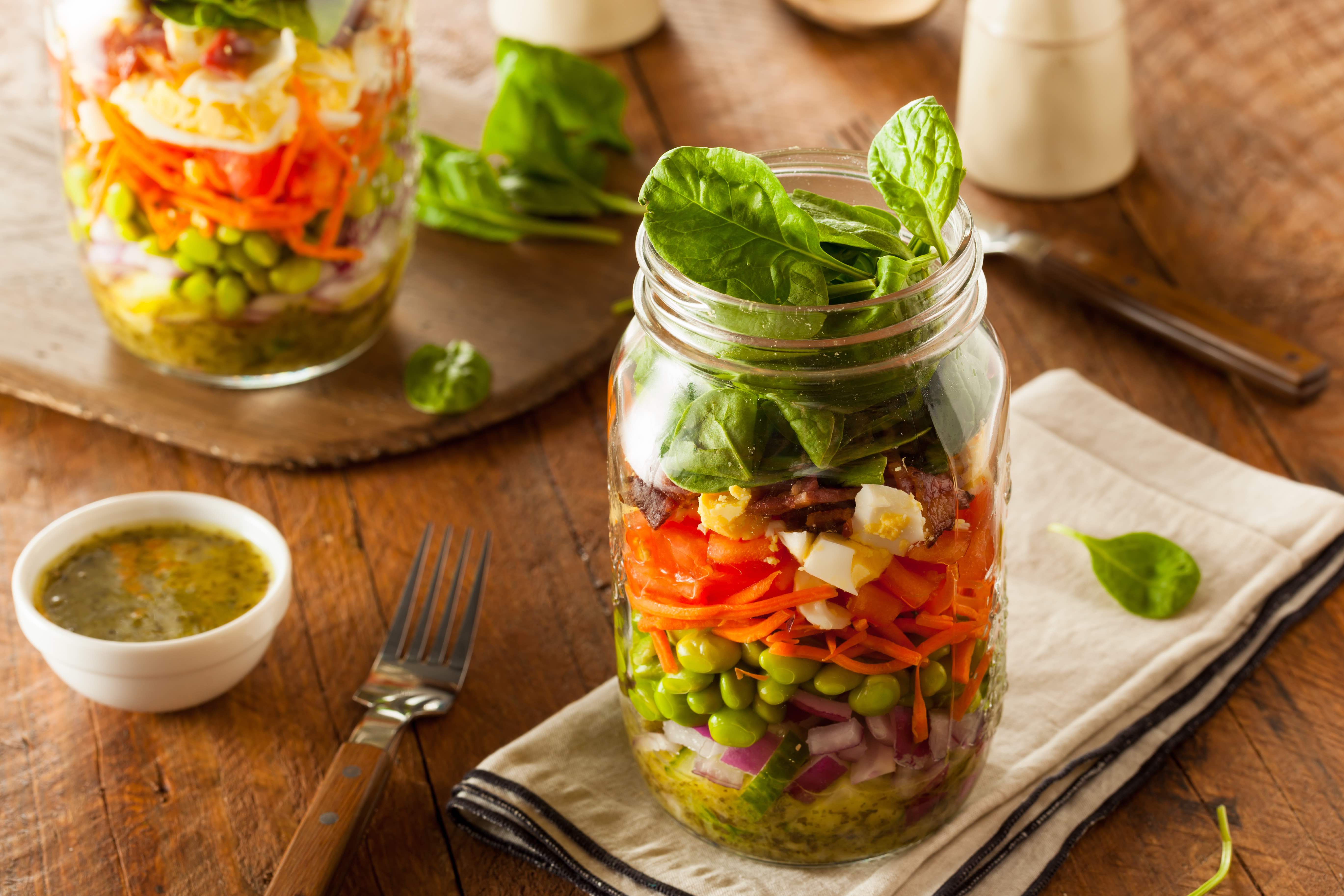
Eating healthy can be a challenge at times. Our busy work schedules and hectic evenings barely leave enough time to think about and plan meals. In fact, I have found that scrambling for dinner ideas at the last minute may compromise the quality and nutritious content of my family’s meals and make the drive thru or local restaurant more tempting. If you're like me, I imagine you might also face this challenge. So today, I'd like to share some tips that may help maintain consistent, delicious, nutritious, plant-based meals.
1) Plan a tentative weekly lunch and dinner schedule
By planning meals ahead of time, you can start prepping for tomorrow’s dinner the day before. Preparations ahead of time can include washing and chopping vegetables,and knowing what to buy ahead of time. Planning ahead also gives you a delicious meal to look forward to.
2) Keep meals simple
Let’s face it, recipes and meals that take 15 ingredients and 30 steps to prepare are just not feasible. Most vegetables have such wonderful natural aromas and flavors that they often only need one or two spices or herbs for added flavor. Over boiling or sauteing can deplete vegetables of vital nutrients. Baking, grilling or steaming vegetables often caramelizes their natural sugars, while maintaining their inherent nutrition and vibrant colors.
3) Prepare ahead
Plant-based protein sources take a while to prepare, but if you boil a variety of beans and then freeze them for future use, it is much easier to add a good source of protein to your meal. Soak beans overnight for even faster boiling. Preparing soups, or salads and homemade dressings and keeping them in the fridge make for easy lunches to grab when you're rushing out the door. Spending a Sunday afternoon making your own marinara sauce to freeze or can for later makes pasta nights that much healthier, tastier, and easier.
4) Use leftovers for lunch
Leftover grilled vegetables can be tossed over quinoa, brown rice, and even a green salad topped with a variety of seeds or nuts. You can always use leftover rice or quinoa as a stuffing for bell peppers by mixing it with a healthy protein such as tofu or mushrooms, or made into vegetarian meatballs or burgers.
5) Share meals
For some families, it works to opt to share the responsibility of making meals with friends or family. One family is responsible for dinner on certain days of the week (for example, Mondays and Wednesdays), while the other family brings dinner on other days (Tuesdays and Thursdays). This ensures families have healthy meals even on their busiest days of the week, and also fosters a sense of friendship and family.
The habit of eating home-cooked meals has been studied at Johns Hopkins, and it was shown to decrease the intake of fat, salt, sugar, and as much as 140 calories per meal, which helps to decrease the risk of weight gain, diabetes, and hypertension. Other recent studies also show that learning to cook at home can help with depression, anxiety, and other mental health problems. Psychologists have noticed that by experiencing the process of preparing a meal there is a boost in positive brain activity through this goal-oriented activity. The end results are a decline in stress and an increase in confidence, concentration, and self-esteem.
Try implementing some of these tips this week and see how much better and healthier meals become!